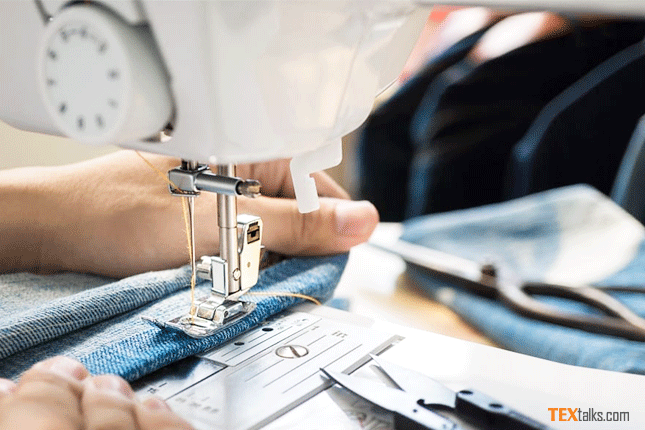Bangladesh garment manufacturers and exporters, despite efforts by the country’s apex garment makers’ body – the Bangladesh Garment Manufacturers and Exporters Association (BGMEA) to rein in the errant buyers, seem to be continuing to get a raw deal from the global buyers.
It has been estimated that since the global outbreak of coronavirus, retailers and brands have cancelled more than US $ 3 billion worth of work orders in Bangladesh, which have not only rendered thousands of garment workers losing out on their source of livelihood, but have also made the future of the industry, which is the driving force of Bangladesh’s economy, at the best, uncertain.
If some buyers have agreed to reinstate some volume of the cancelled orders under global pressure, the mounting demand for discounts and deferred payment terms have posed new challenges to the suppliers now.
Recently, British apparel retailer Edinburgh Woollen Mill (EWM), which reportedly cancelled work orders worth US $ 8.2 million placed with its various vendors in Bangladesh, came in for severe criticism from BGMEA for reneging from the payment terms and asking for discounts.
“We are blacklisting non-responsive buyers who are not only paying but also not responding to suppliers,” stated Dr. Rubana Huq, President, BGMEA. She wrote a letter to Philip Day, owner of EWM, requesting him to settle all outstanding dues as prescribed, failing which the retailer would be blacklisted and embargo will be placed on it and its agents.
The copies of the letter were also sent to Bangladesh High Commission in London, the Ministry of Commerce, the Bangladesh Export Processing Zones Authority (BEPZA), the Ministry of Foreign Affairs, Bangladesh Investment Development Authority and the country’s central bank, the Bangladesh Bank, which maintained that if EWM fails to pay up, the traders’ body will not issue any new Utilisation Declarations to its members for any order of EWM, including that of its associates and affiliates.
Further, the BGMEA also decided to work with international rights groups of the likes of International Labour Organisation (ILO) to engage with the buyers and ensure that they do not abandon their suppliers in such trying times.
However, such measures as of now do not seem to be able to get the desired results. Even after the EWM incident, cases of buyers holding back payments and cancelling orders continue to surface regularly. In many cases, suppliers try to find a feasible way out, but in extreme cases where there’s no option to reach a solution with the buyers, suppliers are forced to seek legal recourse.
The continuing trend of global buyers to push risks and costs down the supply chain that have impacted the Bangladesh readymade garment manufacturing sector and millions of workers’ dependent on it for livelihood, has once again exposed how garment makers still continue to suffer because of the buyers’ actions, which is completely uncalled for, more so when COVID-19 is exacting such a huge price in terms of economy and the lives lost.



